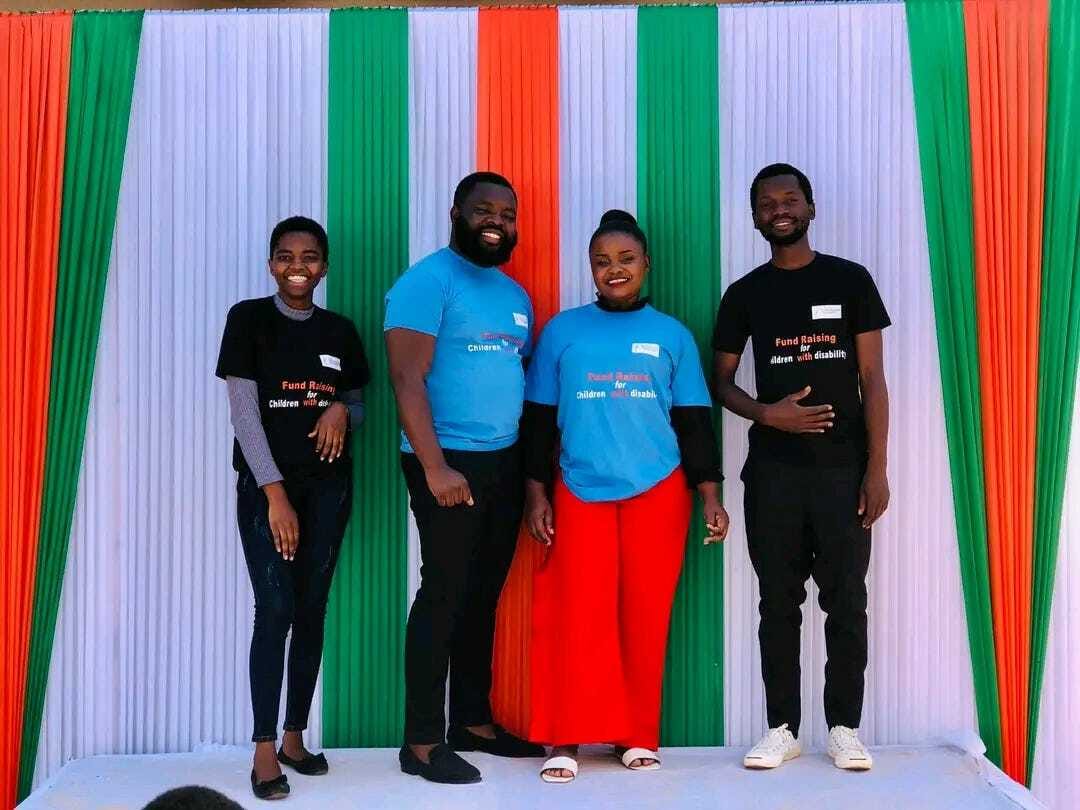
Malawi: Poverty is one of many burdens in Malawi. For rural Malawi, poverty includes the lack of basic needs such as food, clean water, access to education, poor hospital facilities, and scarcity of medication.
However, the burdens are far more complicated for under-privileged children with disabilities, as facilities such as schools and hospitals are not widely inclusive and accommodating of their conditions.
Malawi Education Statistics reported in 2014 that there were only 207 special needs resource centres in the country, out of the required 3,132.
Another concern is that most school buildings are not accessible to students with disabilities, and there is a shortage of specialist teachers. Most schools do not have assistive devices and do not provide an assistant.
These difficulties have resulted in low levels of education for people with disabilities in Malawi, perpetuating the cycle of poverty.
Aside from education, children with disabilities face barriers to health care, owing to mobility issues and stigma from health professionals.
Active Life Physiotherapy is a Lilongwe-based organisation that is going above and beyond to provide free health care to children with disabilities in various communities.
The organisation reveals numerous overwhelming hardships that arise due to parents' inability to provide and support their special needs children appropriately.
“One of the major challenges we observed as an organisation is that most mothers are failing to access the therapy treatments at the designated places due to long distance and lack of finances. As an organisation, we saw this as one major barrier that needed to be addressed," said Kennedy Kadewere, who is the Director of Rehabilitation Therapy.
In response to this challenge, the organisation provides free clinic therapy services to underprivileged children with various disabilities in Lilongwe communities.
According to UNICEF, the prevalence of disability among Malawian children is approximately 2.4%.
This is a significant number for Malawi's population of approximately 18 million people.
The organisation has seen a significant change in the children they reach out to through therapy services as a result of the free clinics initiative.
"So far, most of the kids that we have been seeing have shown significant change. We initially had children that could not sit, stand or walk and now a majority of them are able to do all these things that they weren't able to do before. There has been great improvement in their activity as well as behaviour and we consider these to be great success stories for us and the children," added Kadewere.
As Active Life Physiotherapy continues to play a role in the lives of vulnerable, physically challenged children in underserved communities, Kadewere says there is still much work to be done to ensure that children with disabilities in Malawi live better and healthier lives.
Aside from the distance barrier that mothers face when seeking appropriate medical care for their special needs children, it was also discovered that the majority of the children being treated by Active Life humanitarians lack some basic needs.
"We noted that most of these children are malnourished. Due to financial challenges, they lack some of the basic needs such as food, clothes, a good household as well as some basic learning materials. Most of them are unable to access food that is meant to enable their well-being and improve their health and development," said Kadewere.
Kadewere encourages organisations and all capable entities to collaborate on outreach programmes that address the various challenges that children with disabilities face in the country.
Live Active Physiotherapy recently held an event with the theme "You Haven't Done Enough if You Haven't Helped a Child with Disability" as part of their ongoing initiative.
The event was part of their campaign to influence and improve a society that provides free and effective services to all children with disabilities in the country.